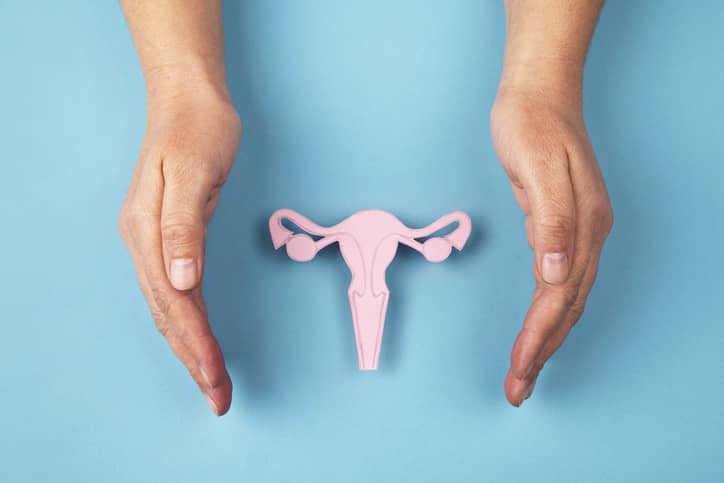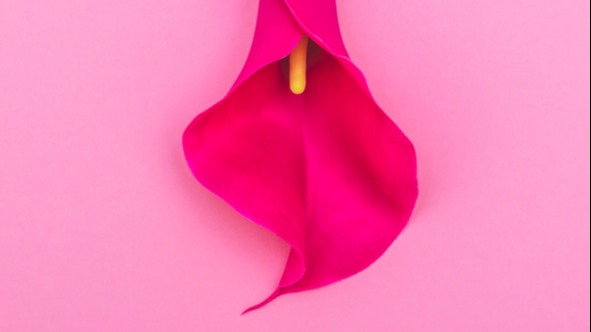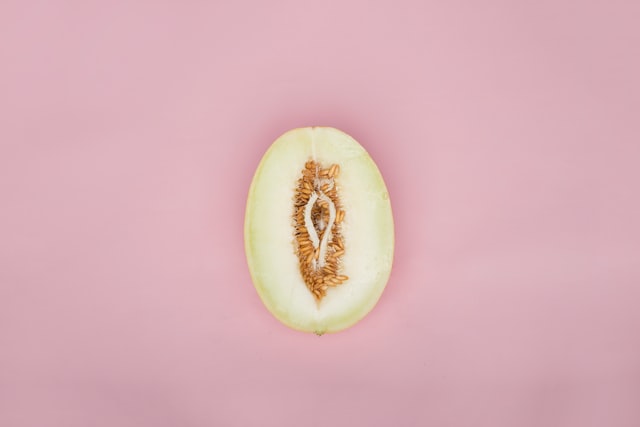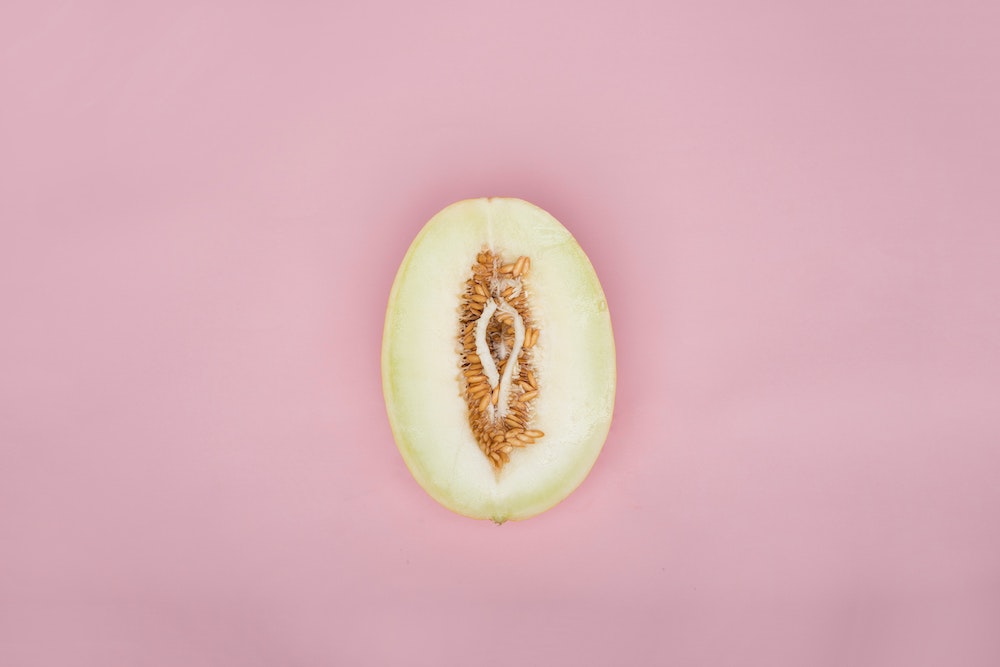Just like other parts of the body, vaginas can itch sometimes. Often, it’s nothing to worry about. But what about itching that doesn’t go away?
An itchy vagina can be very uncomfortable to live with – especially if you scratch it, as this will only irritate it more. Plus, a healthy vagina shouldn’t feel itchy all the time.
Depending on the cause of your itching, you may be able to ease it at home. So read on to find out what could be causing that itch – and what you can do about it.
Common causes of vaginal itching
The term ‘vaginal itching’ refers to itching in your vagina and the area around its opening (vulva).
There are lots of possible reasons for vaginal itching, but common ones include infections, such as the yeast infection thrush, and vaginal dryness (which is common after the menopause).
Irritation or an allergic reaction caused by chemicals in household and personal cleaning products is another common cause of vaginal itching. Skin conditions, such as psoriasis and eczema, can affect your genital area, too.
Read more about the possible causes of vaginal itching here.
When to see a doctor
While there are things you can try to help avoid or ease vaginal itching, some cases will need medical attention. Speak to a doctor if you have vaginal itching that lasts more than a few days, or you have other symptoms as well as the itching.
If you have pain between your tummy and hip bones (pelvic pain) and/or an unusual or smelly discharge coming from your vagina, or a lump or ulcer, you should see a doctor right away.
Depending on the cause of your itching, your doctor may suggest medicine to treat it. But if you’re wondering how to stop vaginal itching yourself, there are things you can try at home.
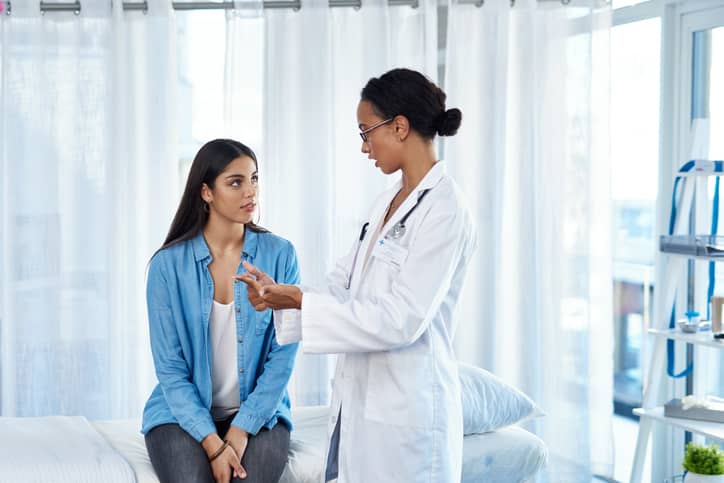
Home remedies for vaginal itching
The best treatments for vaginal itching involve prevention – which means keeping your vagina healthy. Good vaginal health is linked to good general health, which you can support with a healthy diet and exercise.
It’s important to know that a healthy vagina isn’t a bacteria-free vagina. Your vagina naturally contains lots of bacteria, and that’s a good thing – they protect it in several ways.
A healthy vagina has the right balance of ‘good’ bacteria and a low pH level (a pH of less than 4.5). Something’s pH level tells you how acidic it is. If this natural balance changes, your vagina is more likely to get infections, such as thrush or bacterial vaginosis, which cause itching as well as other symptoms.
There are things you can try to help look after your vagina’s natural balance and ease the discomfort of itching:
Gentle cleaning
Taking a shower once a day is an easy way to help keep your genitals clean and ease itching. It’s best to use water or plain, unperfumed soaps to wash the area around your vagina (vulva), to avoid irritation.
After washing, be sure to gently pat (and not rub) your vulva dry. And bear in mind that washing too often may cause dryness, which can also lead to itching.
Applying some emollient may help soothe the area.
If your itching is caused by vaginal dryness inside rather than at the opening or around the outside, you may want to try a moisture balance cream or vaginal moisturiser. But never use ordinary moisturisers that aren’t designed for the vagina, inside your vagina.
Depending on the cause, washing with water can worsen vulval itching. Instead, clean the area using an emollient wash product.
Good hygiene
Maintaining good hygiene and making some simple lifestyle changes can help to ease and prevent vaginal itching. Try to:
- wear cotton underwear, rather than synthetic materials, and change it once a day
- wear loose-fitting clothes (and avoid tights)
- wipe from front to back after using the toilet
- avoid using hygiene sprays, fragrances or powders on your genital area
- avoid washing out your vagina with water (douching) – this can remove the healthy bacteria that help protect your vagina against infections
Key points
- vaginal itching doesn’t always need treatment, but it can be very uncomfortable
- common causes include yeast infections, vaginal dryness, skin conditions and reactions to household and hygiene products
- see a doctor if your vagina itches for more than a few days, or you also have pain or unusual discharge, or a lump or ulcer
- a gentle washing routine and good hygiene are important to avoid itching and infections


